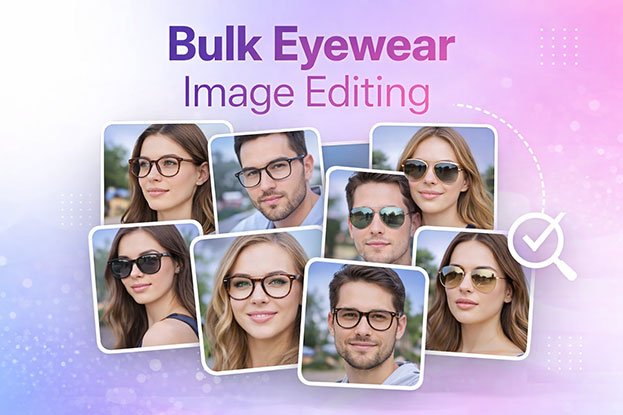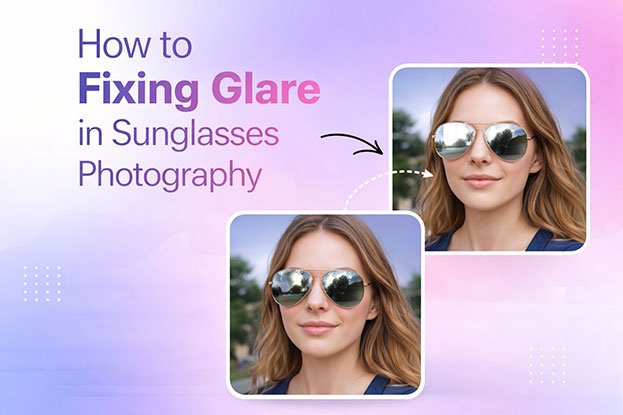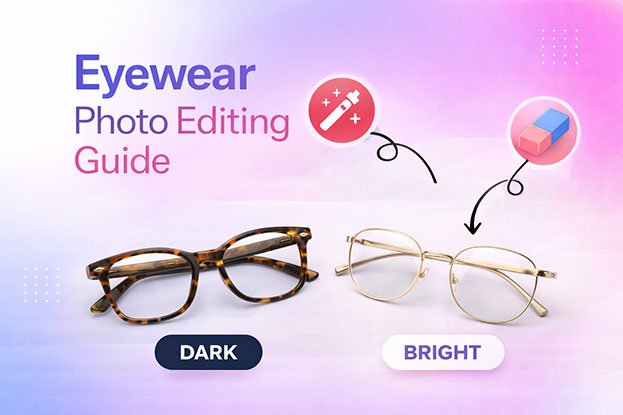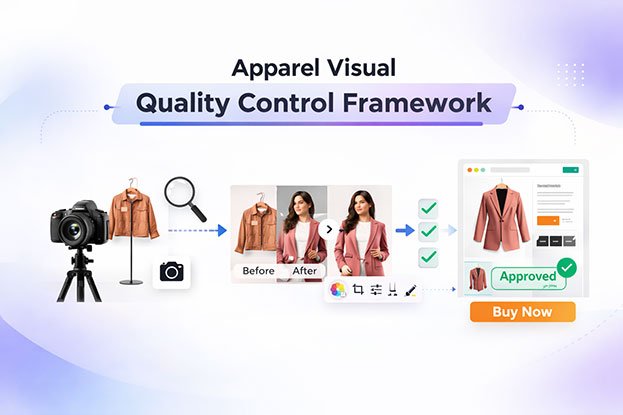For real estate photography, a camera lens with a wide angle focal length is ideal. A wide angle lens allows you to capture more of the space in a single frame, making rooms appear larger and giving viewers a comprehensive view of the property.
When it comes to real estate photography, having the right camera lens is crucial for capturing stunning images that showcase the property in its best light. A wide angle lens with a focal length of around 16-35mm allows you to capture a wider field of view and fit more of the space into the frame.
This is especially useful when shooting small rooms or cramped spaces, as it helps to create a sense of depth and make the area appear more spacious. Additionally, a wide angle lens can help to emphasize architectural details and capture the entire scene, giving potential buyers a more accurate representation of the property. By using a camera lens specifically designed for real estate photography, you can enhance the visual appeal of your images and attract more potential buyers.
Camera Lens For Real Estate Photography
Are you looking to up your real estate photography game? One essential tool that can make a significant difference in the quality of your images is a camera lens specifically designed for capturing real estate interiors and exteriors. In this section, we will explore the importance of using a suitable camera lens for real estate photography and the key factors to consider when selecting one.
Why Choose A Specialized Camera Lens?
Using a specialized camera lens for real estate photography offers several advantages over standard lenses. Here’s why:
- Wide-angle perspective: Real estate photography often involves capturing entire rooms or expansive exteriors. A wide-angle lens enables you to fit more of the scene into the frame without distorting the image.
- Enhanced depth of field: A lens designed for real estate photography allows you to achieve a greater depth of field, resulting in sharp focus throughout the image. This is crucial for showcasing both the foreground and background details in a property.
- Reduced image distortion: Wide-angle lenses built for real estate photography minimize perspective distortion, ensuring that vertical lines remain straight and parallel. This helps create aesthetically pleasing and professional-looking photographs.
- Excellent low-light performance: Many specialized lenses for real estate photography have wider apertures, allowing more light to reach the camera’s sensor. This feature is especially valuable when shooting interiors with limited natural light.
- Versatility: A specialized lens can adapt to various real estate photography scenarios, whether you are photographing expansive landscapes, tight interiors, or architectural details.
Factors To Consider When Selecting A Camera Lens
When choosing a camera lens for real estate photography, keep the following factors in mind:
- Focal length: Opt for a wide-angle lens with a focal length in the range of 14-24mm for full-frame cameras or 10-17mm for cropped sensor cameras. This range provides the ideal perspective for capturing real estate interiors and exteriors.
- Aperture: Select a lens with a wide maximum aperture, such as f/2.8 or wider, as this allows for better low-light performance and greater control over depth of field.
- Image stabilization: Look for lenses with built-in image stabilization to minimize camera shake, especially when shooting handheld in low-light conditions.
- Lens distortion: Consider lenses with as little distortion as possible to ensure straight lines and accurate proportions in your photographs.
- Build quality: Invest in lenses made with high-quality materials that can withstand the demands of regular use. Weather-sealing is also advantageous if you frequently shoot outdoors.
- Compatibility: Ensure that the lens you choose is compatible with your camera’s mount and sensor format.
By using a specialized camera lens for real estate photography and considering these important factors, you can elevate your images and create captivating visuals that highlight the unique features of any property.
Learn more: Best Camera For Dental Photography
Top 10 Camera Lens For Real Estate Photography
If you’re an aspiring real estate photographer, having the right camera lens is essential to capture stunning images that showcase the true beauty of properties. With a vast range of options available, choosing the perfect lens can be overwhelming. To ease your selection process, we have compiled a list of the top 10 camera lenses specifically tailored for real estate photography.
Read on to discover the lens that will bring out the best in your real estate captures.
1. Wide-angle Lens:
- Ideal for capturing expansive interiors and exteriors.
- Allows you to showcase the full scope of a property in a single frame.
- Provides a greater field of view and minimizes distortion for more accurate representation.
2. Tilt-shift Lens:
- Enables you to correct perspective distortion and maintain straight lines.
- Perfect for architectural photography, ensuring vertical lines remain parallel.
- Allows for precise control over depth of field, keeping the entire property in focus.
3. Prime Lens:
- Offers exceptional sharpness and image quality.
- Ideal for capturing detailed shots and highlighting property features.
- Provides a wide aperture for creating beautiful blurred backgrounds.
4. Ultra-wide Angle Lens:
- Delivers an even wider field of view compared to a standard wide-angle lens.
- Ideal for shooting in tight spaces without sacrificing image quality.
- Perfect for capturing the grandeur of expansive properties.
5. Macro Lens:
- Allows for extreme close-up shots of property details.
- Ideal for highlighting intricate designs, textures, and finishes.
- Enables you to capture the finer elements that make a property unique.
6. Zoom Lens:
- Offers versatility in focal length, allowing you to quickly adjust your composition.
- Enables you to capture both wide-angle and close-up shots without changing lenses.
- Perfect for photographers who need flexibility in various shooting situations.
7. Fish-eye Lens:
- Creates a distinct and creative perspective by capturing an ultra-wide field of view.
- Ideal for showcasing unique architectural elements or unusual property layouts.
- Adds a creative twist to your real estate photographs.
8. Portrait Lens:
- Provides flattering compression and bokeh effect for interior and exterior portraits.
- Allows you to capture impactful images of homeowners and real estate agents.
- Perfect for adding a human touch to your property shots.
9. Standard Zoom Lens:
- Offers a versatile range of focal lengths suitable for most real estate photography situations.
- Provides good image quality and flexibility in capturing both wide angles and details.
- Ideal for photographers seeking an all-around lens for various shooting needs.
10. Shift Lens:
- Enables perspective correction by shifting the lens horizontally or vertically.
- Ideal for capturing architectural details accurately, without perspective distortion.
- Perfect for showcasing intricate features of buildings or homes.
Now that you are familiar with the top 10 camera lenses for real estate photography, you can make a more informed decision based on your specific needs. Each lens offers its own unique advantages, so choose the one that complements your shooting style and enhances your ability to capture stunning real estate photographs.
Learn more: Top 10 Sony Camera For Real Estate Photography
How To Choose The Right Camera Lens For Real Estate Photography
If you want to capture stunning photos of real estate properties, choosing the right camera lens is crucial. The lens you use can make a significant difference in the quality and impact of your photographs. To help you make an informed decision, here are some factors to consider when selecting a camera lens for real estate photography:
1. Lens Focal Length
- Wide-angle lenses (around 10-24mm) are ideal for real estate photography as they can capture a larger field of view. This allows you to include more of the room or property in your shots.
- A wider focal length helps create a sense of spaciousness and makes it easier to showcase the layout of the property.
- However, avoid ultra-wide lenses (below 10mm) as they can distort the image and make rooms appear larger than they actually are.
2. Aperture Size
- A lens with a wide aperture (e.g., f/2.8 or lower) lets in more light, allowing for better performance in low-light conditions.
- A wider aperture also produces a shallow depth of field, which can be useful for focusing on specific details or creating a more artistic and professional look.
- Keep in mind that shooting at wider apertures may decrease the overall sharpness, so finding a balance is key.
3. Lens Quality And Distortion
- Invest in a lens with good optical quality to capture sharp and clear images.
- Look for lenses that minimize distortion, especially barrel distortion, which can significantly affect the straight lines of architectural elements.
- A well-made lens can also minimize chromatic aberration and lens flare, which can detract from the overall image quality.
4. Autofocus And Image Stabilization
- Real estate photography often involves shooting in tight spaces and dim lighting conditions.
- Choose a lens with quick and accurate autofocus capabilities to ensure sharp focus on crucial details.
- Image stabilization can be beneficial for handheld shots, as it helps reduce camera shake and allows for sharper images.
5. Compatibility And Budget
- Ensure that the lens you choose is compatible with your camera’s mount.
- Consider your budget when selecting a lens. While high-end lenses can provide excellent image quality, there are also affordable options available that can still deliver satisfactory results.
Keep in mind that these factors are general guidelines and personal preference and shooting style may influence your lens choice. Experimenting with different lenses can also help you discover your preferred style of real estate photography. So go ahead, explore various lens options, and find the one that best suits your needs, ensuring your real estate photos stand out from the competition.
Learn more: Top 10 Affordable Cameras for Real Estate Photography
FAQ – Camera Lens For Real Estate Photography
Which Camera Lens Is Best For Real Estate Photography?
The best camera lens for real estate photography is the wide-angle lens. It captures more of the room and creates a spacious and appealing look. Wide-angle lenses offer a wider field of view, allowing you to capture the entire space without distortion.
What Camera Lens Do Estate Agents Use?
Estate agents typically use wide-angle camera lenses to capture spacious rooms and showcase properties effectively.
How Wide Of A Lens Do You Need For Real Estate Photography?
For real estate photography, a wide lens is essential. Generally, a lens with a focal length of 16-24mm is recommended. It helps capture more of the room and provides a wider perspective, enhancing the overall view of the space.
What Camera Do Most Real Estate Photographers Use?
Most real estate photographers use high-quality DSLR cameras, such as Canon EOS 5D Mark IV or Nikon D850, for their professional work. These cameras provide excellent image quality, wide dynamic range, and versatility in capturing interior and exterior shots of properties.
Is A Wide-angle Lens Necessary For Real Estate Photography?
A wide-angle lens is essential for capturing large spaces and making rooms appear spacious and inviting.
Conclusion
Choosing the right camera lens for real estate photography is crucial for capturing stunning and impactful images that attract potential buyers. By considering factors such as focal length, aperture, and image stabilization, photographers can elevate their work and present properties in the best light.
It’s important to invest in high-quality lenses that meet the specific needs of real estate photography, allowing for sharp details, wide angles, and well-balanced exposures. With the right lens, real estate photographers can effectively showcase the unique features and qualities of each property, ultimately helping sellers achieve their goals.





